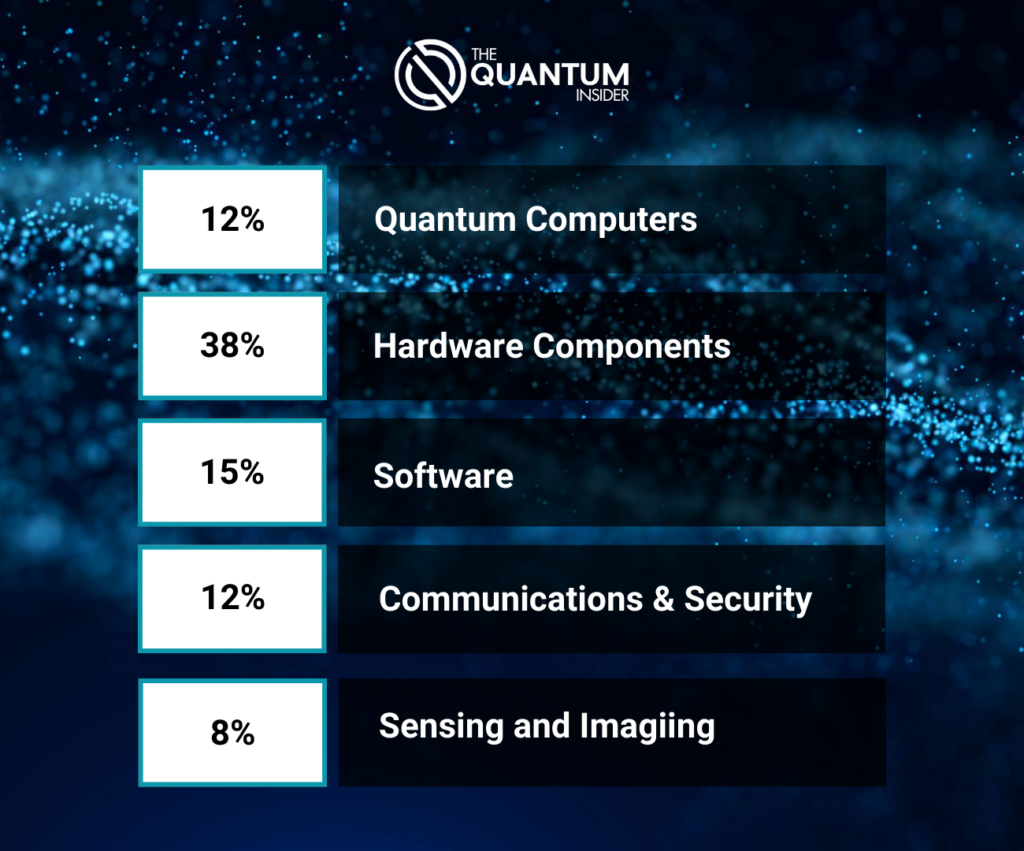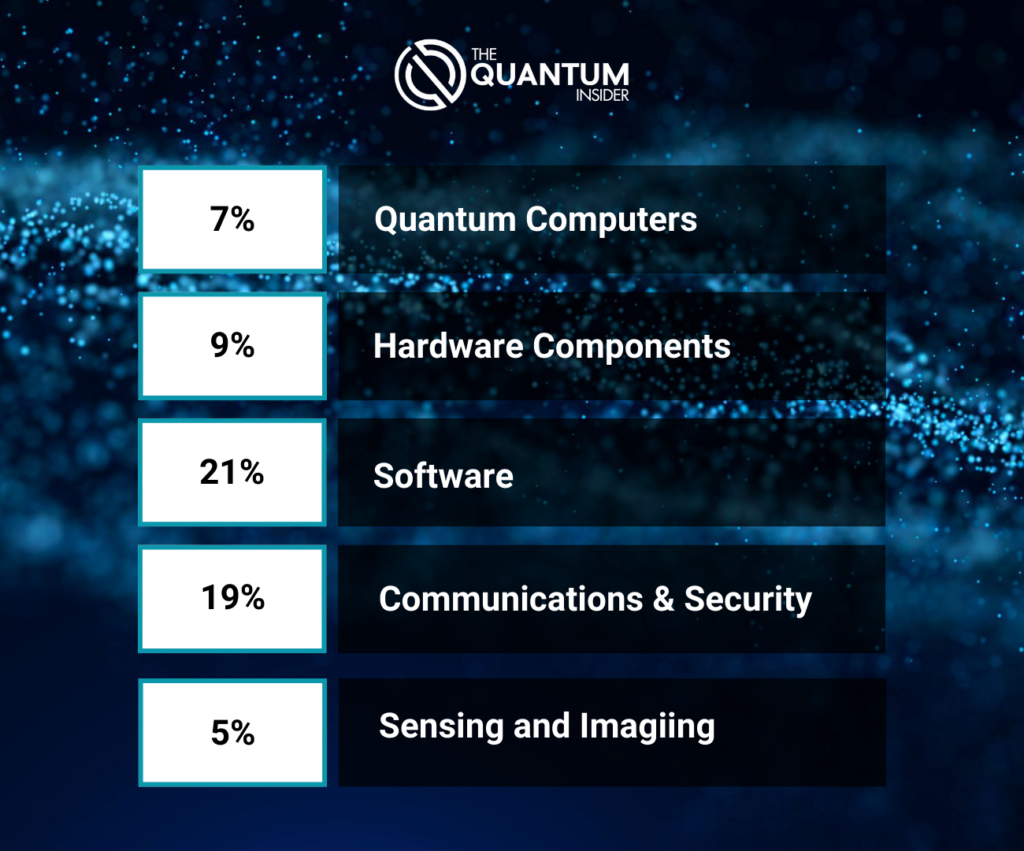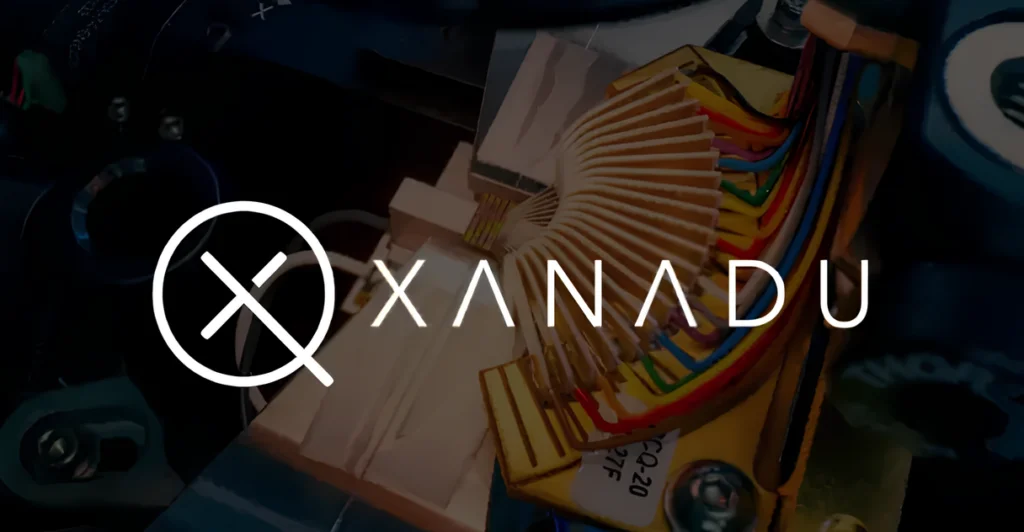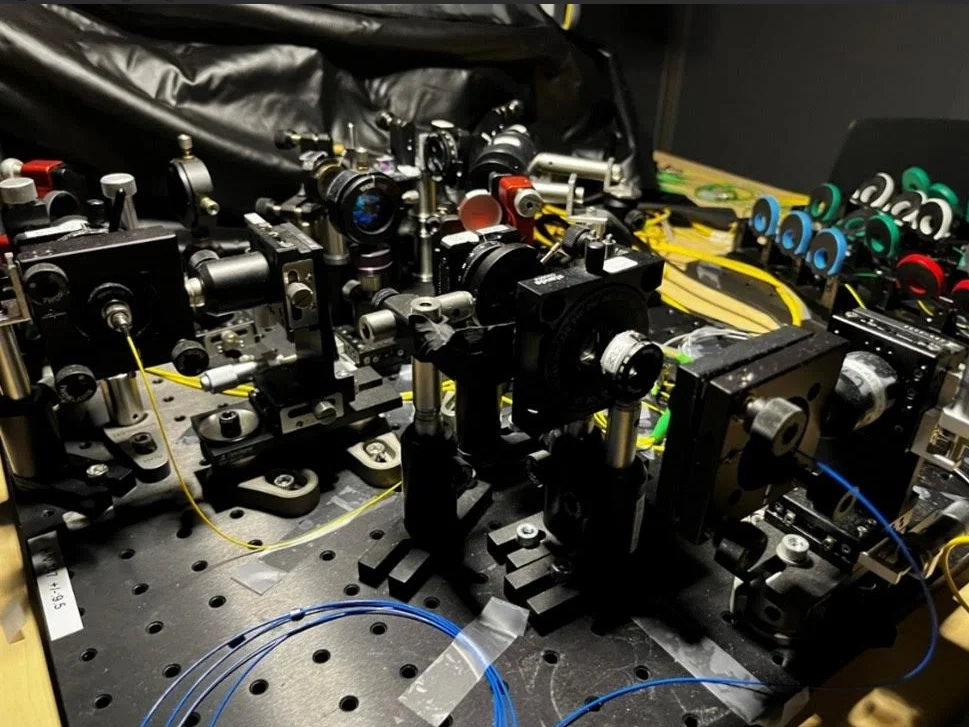Insider Brief:
- Indian Science and Technology Minister Jitendra Singh invited Israeli startups to collaborate under India’s National Quantum Mission (NQM), emphasizing the role of international partnerships in advancing quantum computing, encryption, and sensing technologies.
- The NQM aims to position India as a global quantum leader by 2031, with initiatives like T-Hubs encouraging innovation in quantum computing, communication, sensing, and materials, alongside significant private-sector contributions.
- The complementary strengths of Israel’s diversified quantum ecosystem and India’s focus on infrastructure and workforce development create a unique synergy for driving global advancements in quantum technologies.
During the India-Israel Innovation Meet, Indian Science and Technology Minister Jitendra Singh extended an invitation to Israeli startups to collaborate under India’s National Quantum Mission, according to recent reports. This initiative reiterates India’s declared commitment to cultivating global partnerships in quantum technologies in accordance with the NQM vision.
Singh emphasized the potential contributions of Israeli startups, highlighting what he recognized as their strong innovation ecosystem and technological expertise. He noted that collaborations could focus on joint research, technology development, and knowledge sharing to accelerate progress in quantum computing, encryption, and sensing technologies.
Israeli officials reciprocated the enthusiasm, expressing interest in contributing to quantum research and innovation. They pointed to the success of existing partnerships in agriculture, defense, and water management as a foundation for this new collaboration.

A Vision for Leadership in Quantum Technologies
Launched earlier this year, India’s National Quantum Mission aspires to position the country as a global leader in quantum technologies by 2031. With a budget allocation of approximately ₹6,000 crore for 2023–2031, the mission promotes the development of quantum-based applications across sectors such as healthcare, security, energy, and communications.
A core component of the mission is commitment to global collaborations. Through partnerships with organizations like Israeli startups, NQM intends to translate the latest in academic research to practical applications. Singh’s invitation comes at a time when international cooperation in emerging technologies is regarded as a necessary driver of economic and strategic growth.
India’s progress in quantum computing is further amplified by quantum research universities, specialized T-Hubs driving innovation, and private-sector contributions. Key programs, such as the Quantum Computing Applications Lab in collaboration with AWS, provide researchers and developers with access to quantum platforms and tools.
Insights into Israel’s Quantum Innovation Ecosystem
Israel’s quantum sector is recognized for its diverse innovation landscape, with startups excelling in software, hardware, sensing, and encryption. Prominent examples include:
- Classiq Technologies: Classiq Technologies develops a quantum programming tool providing a higher level of abstraction than classical quantum gate programming.
- QEDMA: QEDMA is a quantum software company developing middleware solutions like QESEM, an advanced quantum error suppression and mitigation software that enables accurate, scalable, and application-agnostic quantum computations on noisy quantum processing units.
- Quantum Machines: Quantum Machines develops operational and control systems (both hardware and software) for quantum computers.
The country’s strengths span both early-stage innovation, such as startups founded as recently as 2018, and established expertise, exemplified by companies like ELTA Systems, which dates back to 1967 and demonstrating a blend of experience and fresh perspectives.
The Quantum Insider Intelligence on Israel’s Quantum Landscape

- Quantum Computers: 3 companies, focusing on developing computing architectures.
- Hardware Components: 10 companies, reflecting innovations in photonic and measurement devices.
- Software: 4 companies, highlighting advancements in quantum programming and cloud platforms.
- Quantum Communications & Security: 3 companies, emphasizing secure communication technologies.
- Quantum Sensing & Imaging: 2 companies, specializing in precision sensing technologies.
This broad distribution of expertise highlights Israel’s ability to address challenges across the quantum technology spectrum.
- Other Quantum: 4 companies fall into this category and reflect a strong focus on experimental and non-standard quantum technologies
For a comprehensive dataset on the quantum landscape for Israel and other countries, including government entities, funding rounds, research, and more, subscribe to the Quantum Insider market intelligence platform here.
India’s Quantum Technology Landscape
India’s quantum ecosystem is steadily growing under the guidance of the National Quantum Mission. Key players include:
- PrenishQ: PrenishQ is dedicated to building large-scale quantum computers using atoms and high-precision lasers. They design, manufacture, and test ultrahigh vacuum chambers, narrow linewidth lasers, and electronics for experimental control and data acquisition systems.
- Bloq: Bloq enables companies to develop quantum algorithms 10x faster and provides relevant business insights through an easy-to-use, low-code interface.
- BosonQPsi: BosonQ Psi is a SaaS-based enterprise software venture leveraging the power of Quantum computing to speed up virtual simulations in Multiphysics and Computer-Aided Engineering (CAE).
Indian startups often blend quantum technologies with practical applications, focusing on areas such as lasers, sensing, and consulting services to drive industrial adoption.
The Quantum Insider Intelligence on India’s Quantum Landscape

- Quantum Computers: 3 companies, pointing to early-stage developments in computing architectures.
- Hardware Components: 4 companies, reflecting a focus on physical quantum infrastructure such as lasers and measurement devices.
- Software: 9 companies, emphasizing algorithm and application development.
- Quantum Communications & Security: 8 companies, showcasing efforts in encryption technologies.
- Quantum Sensing & Imaging: 2 companies, advancing imaging and precision sensing technologies.
- Other Quantum: 17 companies, highlighting a strong focus on consultancy-based and educational solutions.
For a comprehensive dataset on the quantum landscape for India and other countries, including government entities, funding rounds, research, and more, subscribe to the Quantum Insider market intelligence platform here.
Quantum Synergy for the Future of Innovation
India and Israel represent complementary strengths in the global quantum technology landscape. Israel’s quantum ecosystem is characterized by its broad diversification, excelling in hardware components and software-focused technologies. On the other hand, India’s quantum ecosystem is distinguished by a strong foundation in hardware components and consultancy-driven solutions, supported by government, academic research, and private-sector collaborations. The National Quantum Mission’s focus on establishing T-Hubs and bridging the gap between research and industry aligns India’s strengths with long-term growth objectives.
While Israel thrives in providing advanced middleware solutions and operational control systems for quantum computers, India demonstrates a focus on foundational infrastructure and workforce development to encourage indigenous innovation. This synergy offers a unique opportunity for collaboration: Israel’s technological expertise could seamlessly integrate with India’s academic and industrial ecosystem to accelerate the practical application of quantum technologies.
As quantum technologies continue to mature, partnerships between nations like India and Israel highlight the importance of international cooperation. India’s invitation to Israeli startups under the National Quantum Mission is a step towards combining the strengths of both ecosystems.















